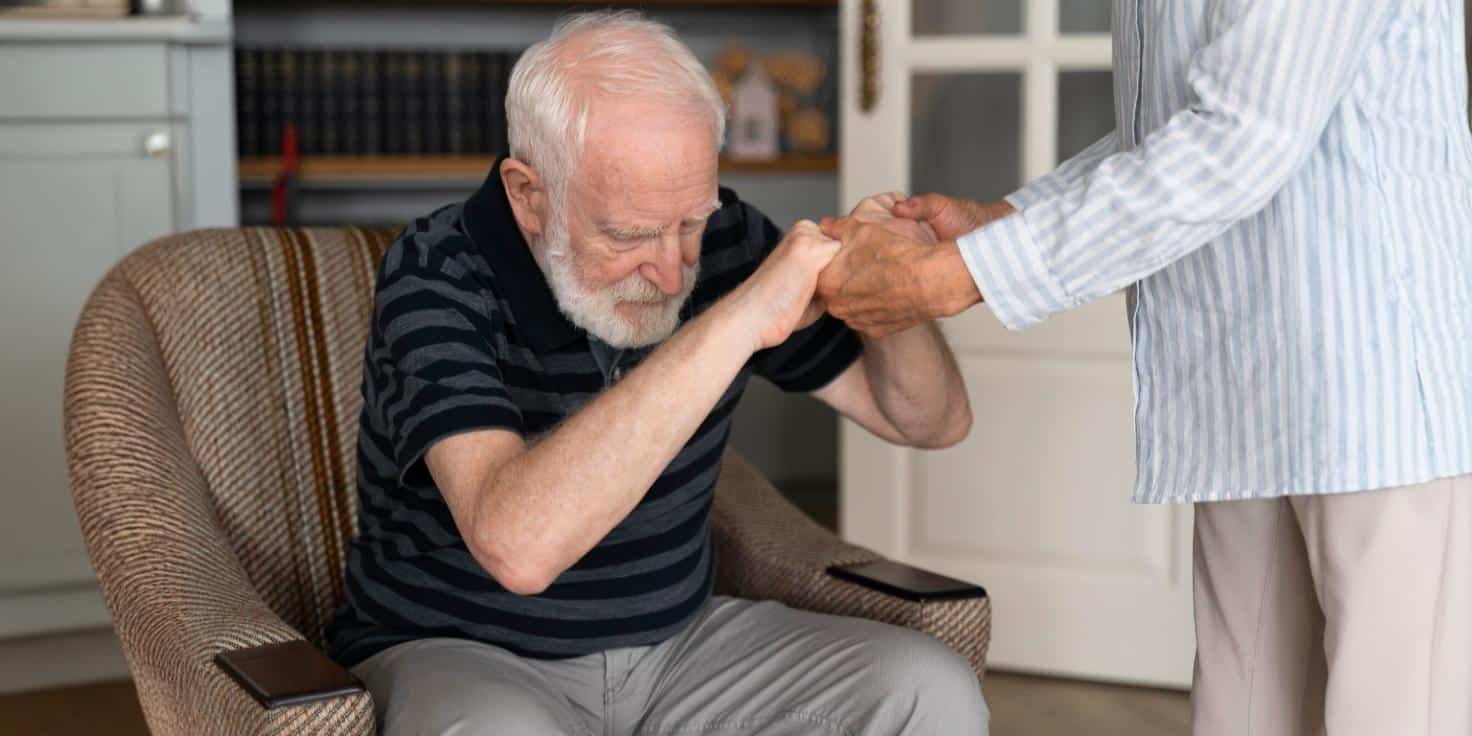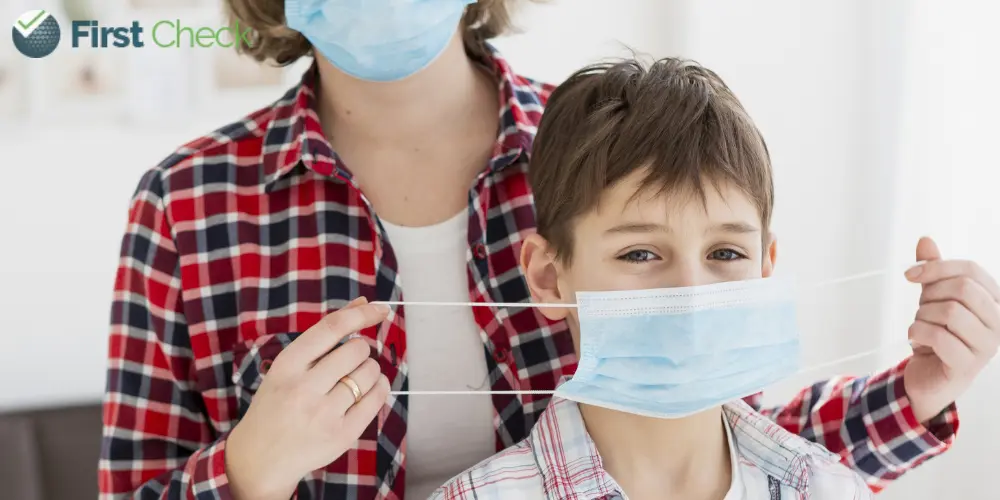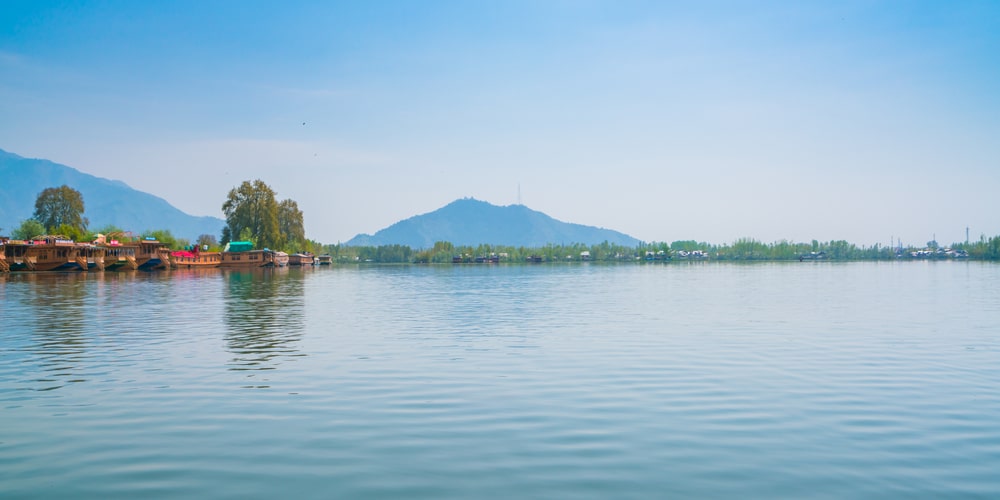What The Fact! – What makes anyone indulge in misinformation?
- admin / 4 years

- 0
- 2 min read

People fail to distinguish between information and misinformation, make sure to pay attention to the message quality.
By Varadarajan Ananthakrishnan
Recently, I came across a study that India is the top source of social media misinformation on COVID-19. I have to confess I am not a big fan of these studies. But this particular one piqued my interest, not because I trusted this study completely, but given the sheer volume of posts that emerge from India, this may not be too far-fetched.
Going by the experience of the last eighteen months and more, we now know that these misinformation posts can be damaging, and even lethal.
Around the same time, I also came across this very interesting theory on what makes people peddle misinformation. It turns out that people may not believe in a piece of misinformation, but they start believing it and share it further down the line – just because they want to conform with the trending information, even though their stated belief could be different.
I also believe that this section of people does it for the sheer support that they get down the line, by unsuspecting people who merrily share it and engage with these posts.
One of the very disturbing videos that I saw recently was of a lawyer along with a doctor, who claimed, at the start of the pandemic, that there is no pandemic at all. This lawyer is now “enlightening” viewers about their fundamental rights – telling them that they are well within their rights to refuse vaccines, and no one can force it against their will.
What is of even more concern is, that the support this person gets from his legion of followers. That the vaccination is helping us recover from the pandemic, is very evident. Videos like these work against the common good of the people and the country.
Till we meet again – stay safe, follow the protocols and always, check your facts.
Noticed health-related misinformation somewhere? Share it with us!
You can mail us at hello@uwsi.firstcheck.in or WhatsApp us on +91 9311 223145.










